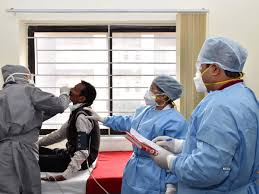
Collectivism: An Indian Perspective
- By Ritu Tripathi and Uday Vijayan
- June 02, 2020
Collectivism, Safety, India
Collectivism
Like the rest of the human species, we Indians too are also social animals. We survive and thrive through interpersonal bonds but, there is also a peculiarity to Indian social collectivism - strong ‘in- group’ attitude is nurtured from an early age. We owe allegiance to implicitly defined in-groups such as family members, neighbours, community members and close others. This runs parallel to the process of isolation and indifference towards the out-group—the other mohalla, is kept at abeyance from the in-group; the boundary between the two only hardens with time. Therein lies the catch—the in-group collectivism, makes us excessively oriented to its members to the detriment of those outside it. Hence, the radar of our collectivism is limited.
What does in-group collectivism say about safety behaviours? One does not want to lose face in one’s in-group and maintains honour and respect by confirming with standard norm i.e. outlier new behaviours are unlikely to be adopted. While one person wearing a mask or keeping a fire extinguisher will be a deviant, all in-group members can jointly do this to increase adoption and joint safety. The stigma associated with reporting corona is a manifestation of this heightened sense of in-group collectivism. The other corollary is apathy, verging almost to a mob-mentality, towards the out-group - “healthcare workers are outsiders” … “the other neighbourhood that is spreading the virus” … “them...not us”—are the cognitive biases that in-group collectivism lends itself to.
Hence, safety behaviours are best facilitated when the entire group is taken into confidence or when at least the informal leaders of such groups are entrusted with championing the message. In-groups likely are best persuaded with appeals that condemn or condone the whole group, for example, ‘such-and-such ward… is safety compliant’. Emphasizing the salience of the dangers to the in-group potentially makes its members more alert towards its safety and the boundary between the in-group and out-group may be attenuated with conscious realization of the interdependence of lives.


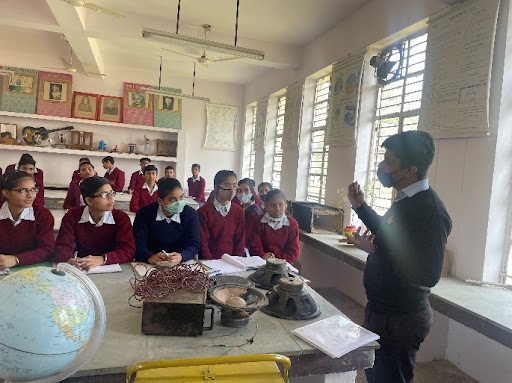
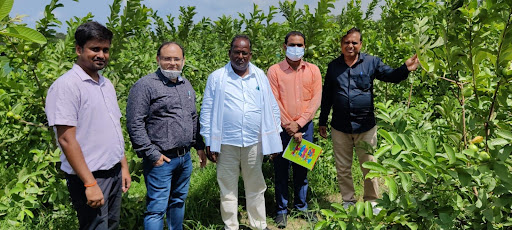


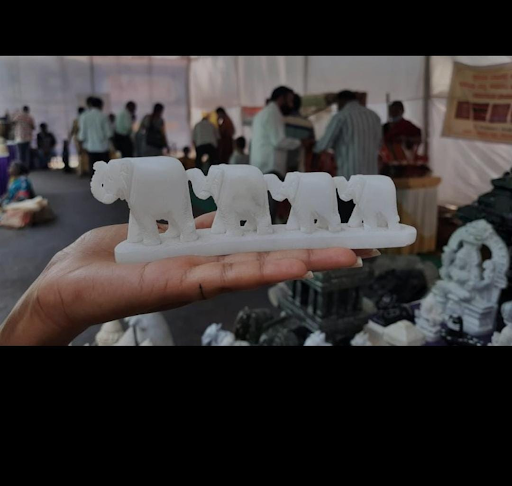
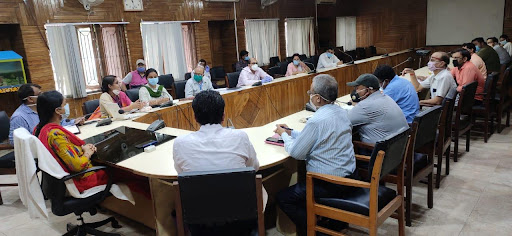



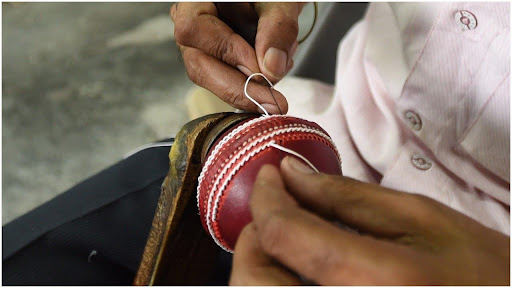

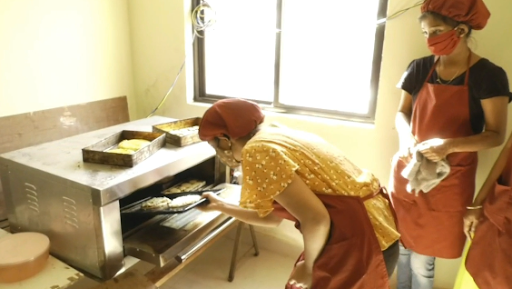
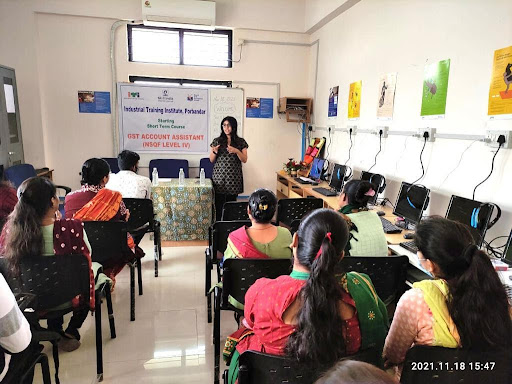
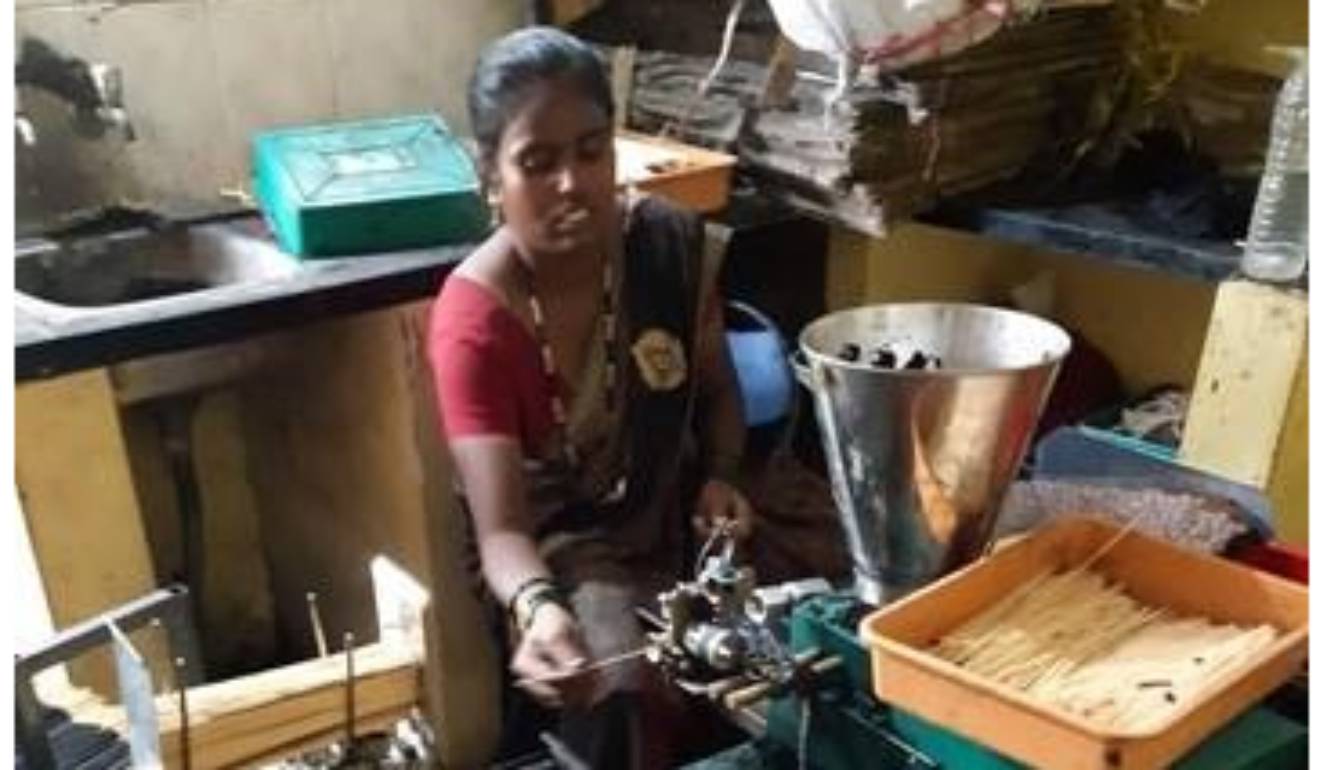
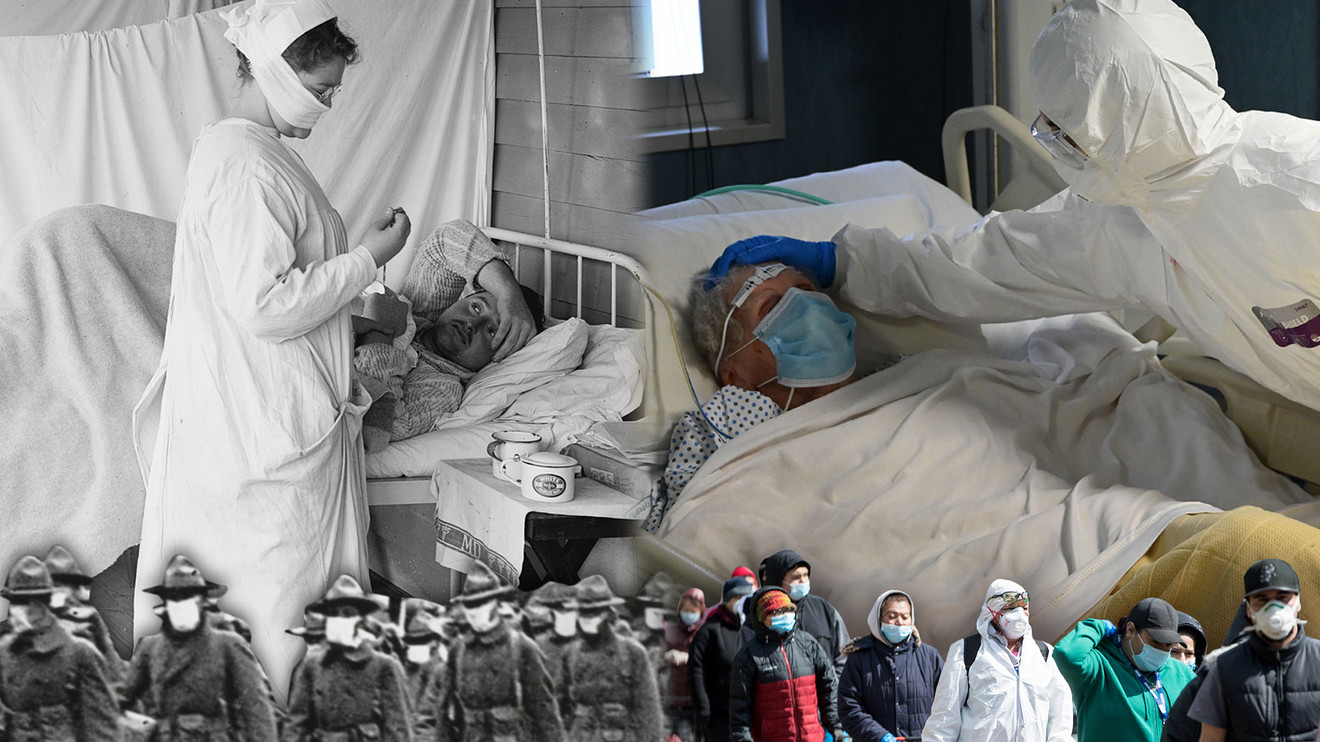


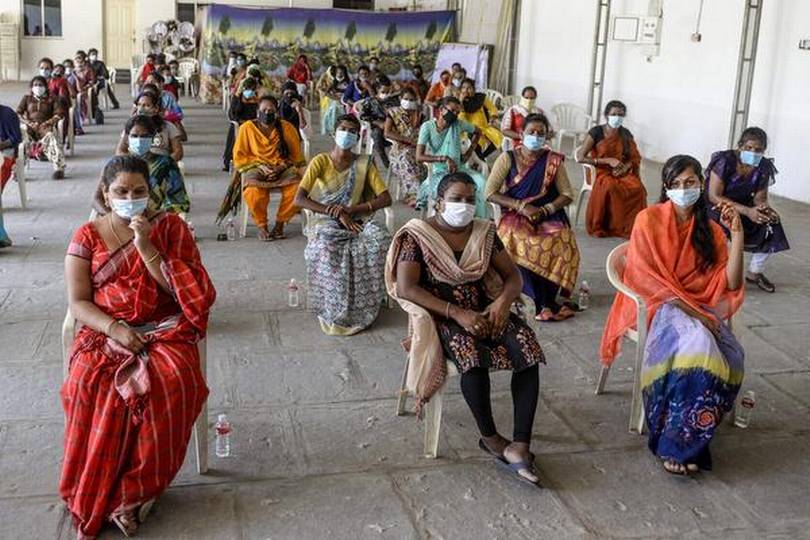
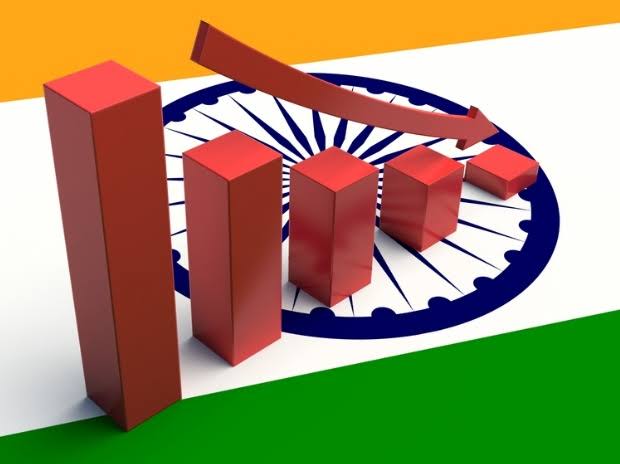


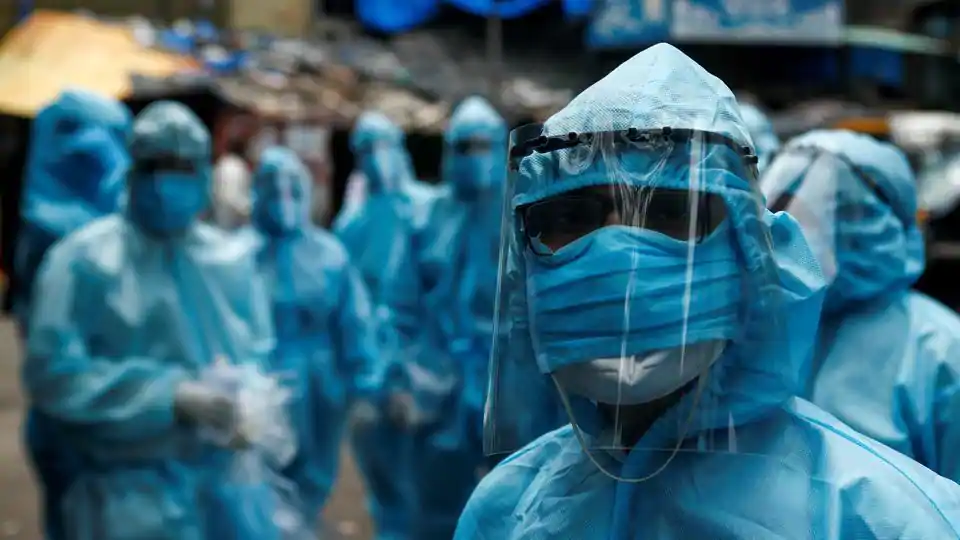


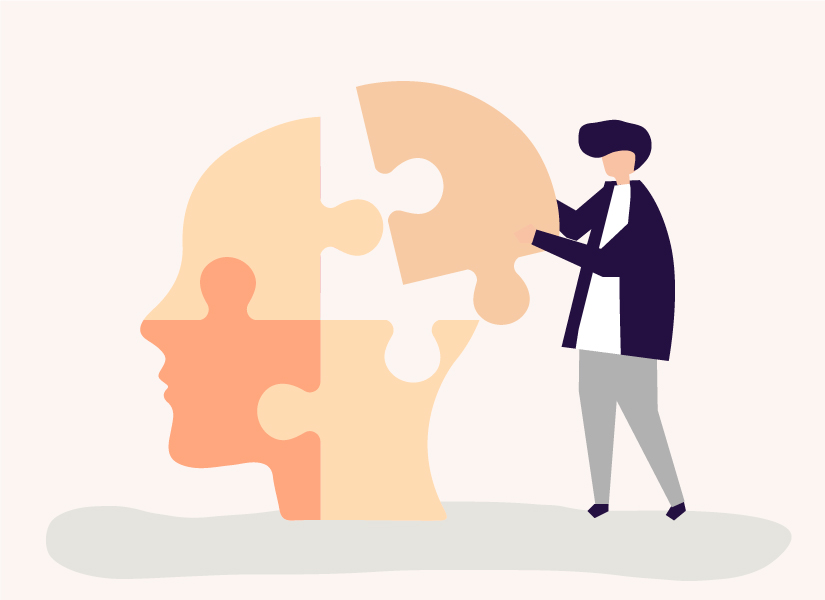
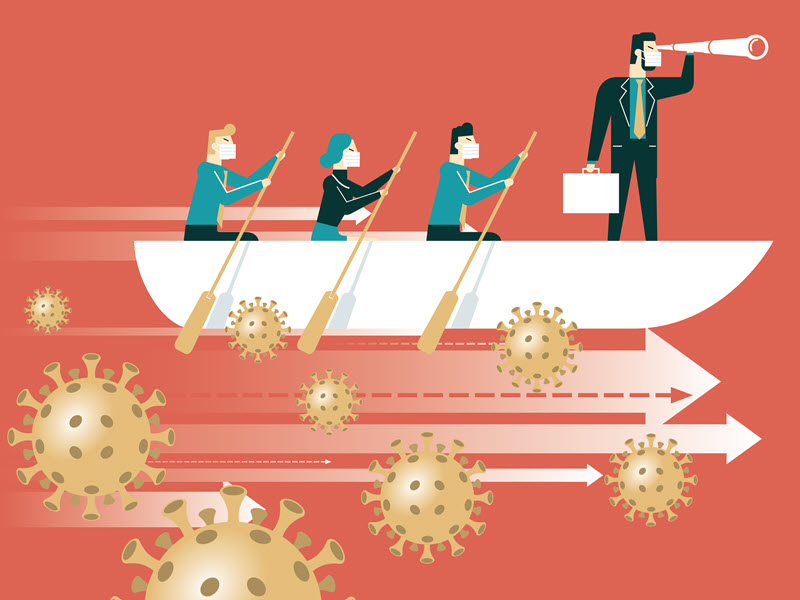
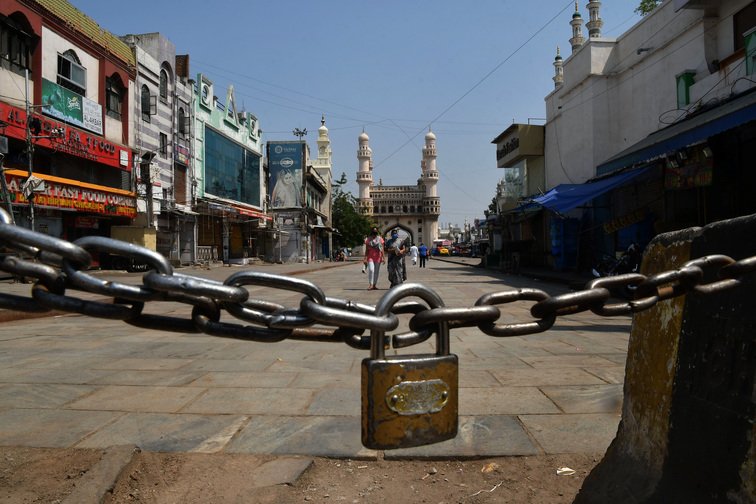




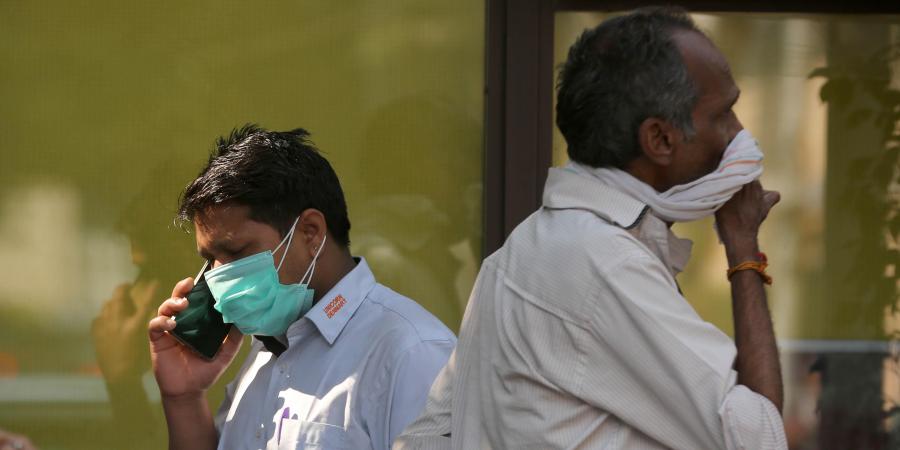
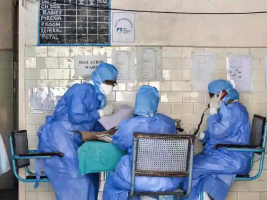

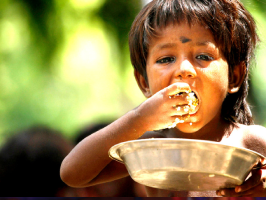
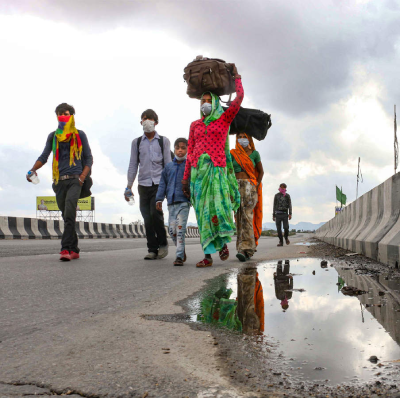
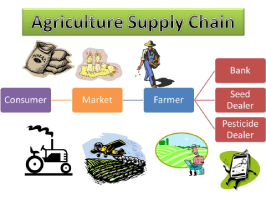
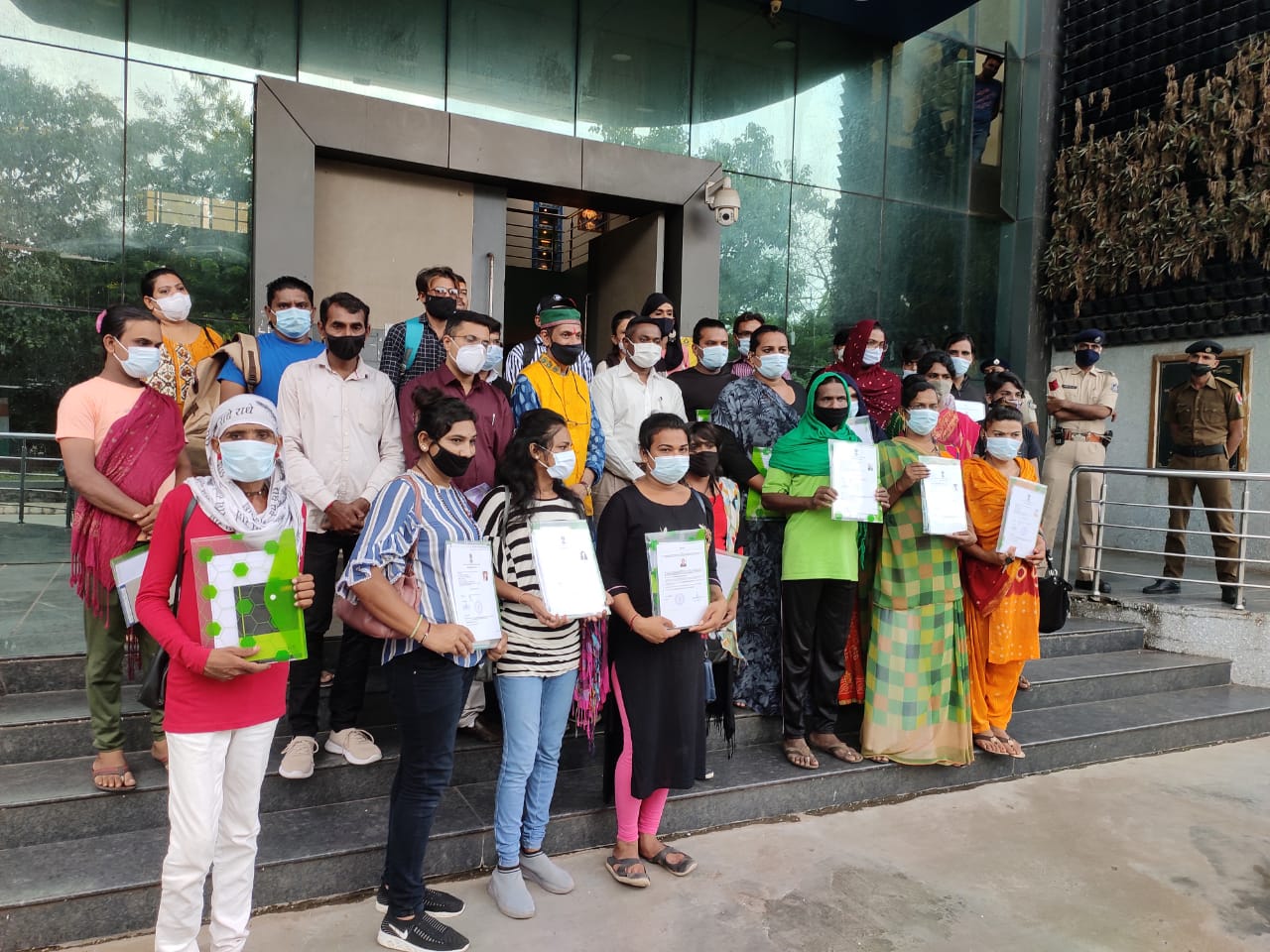
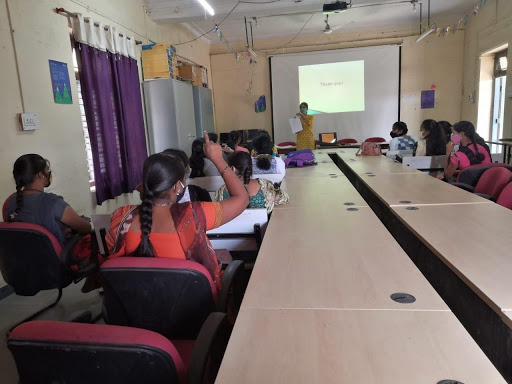


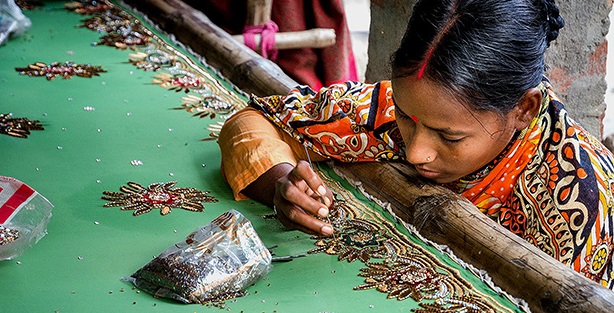
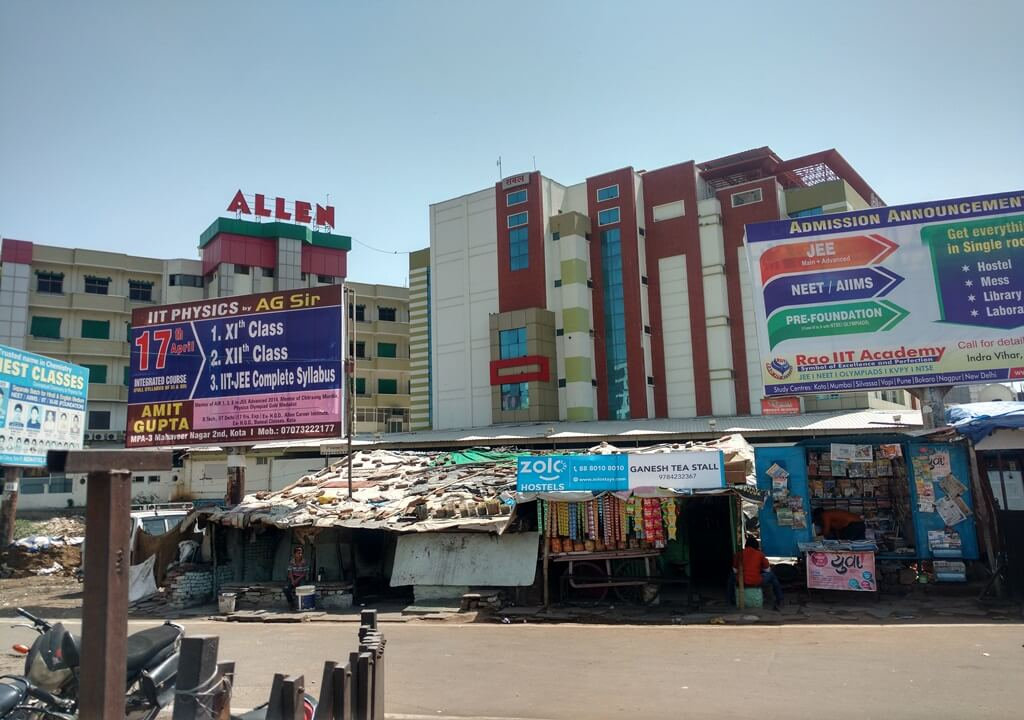
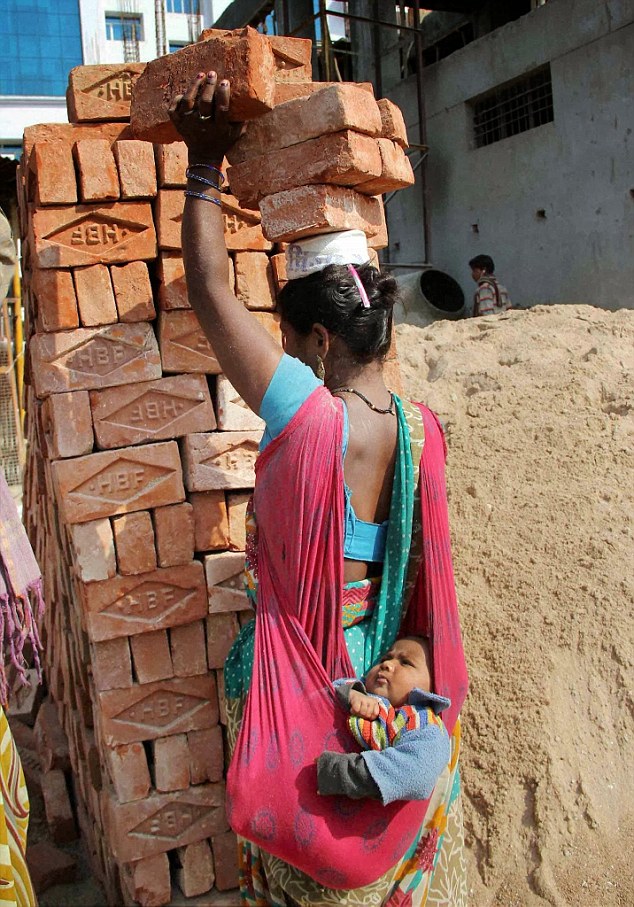

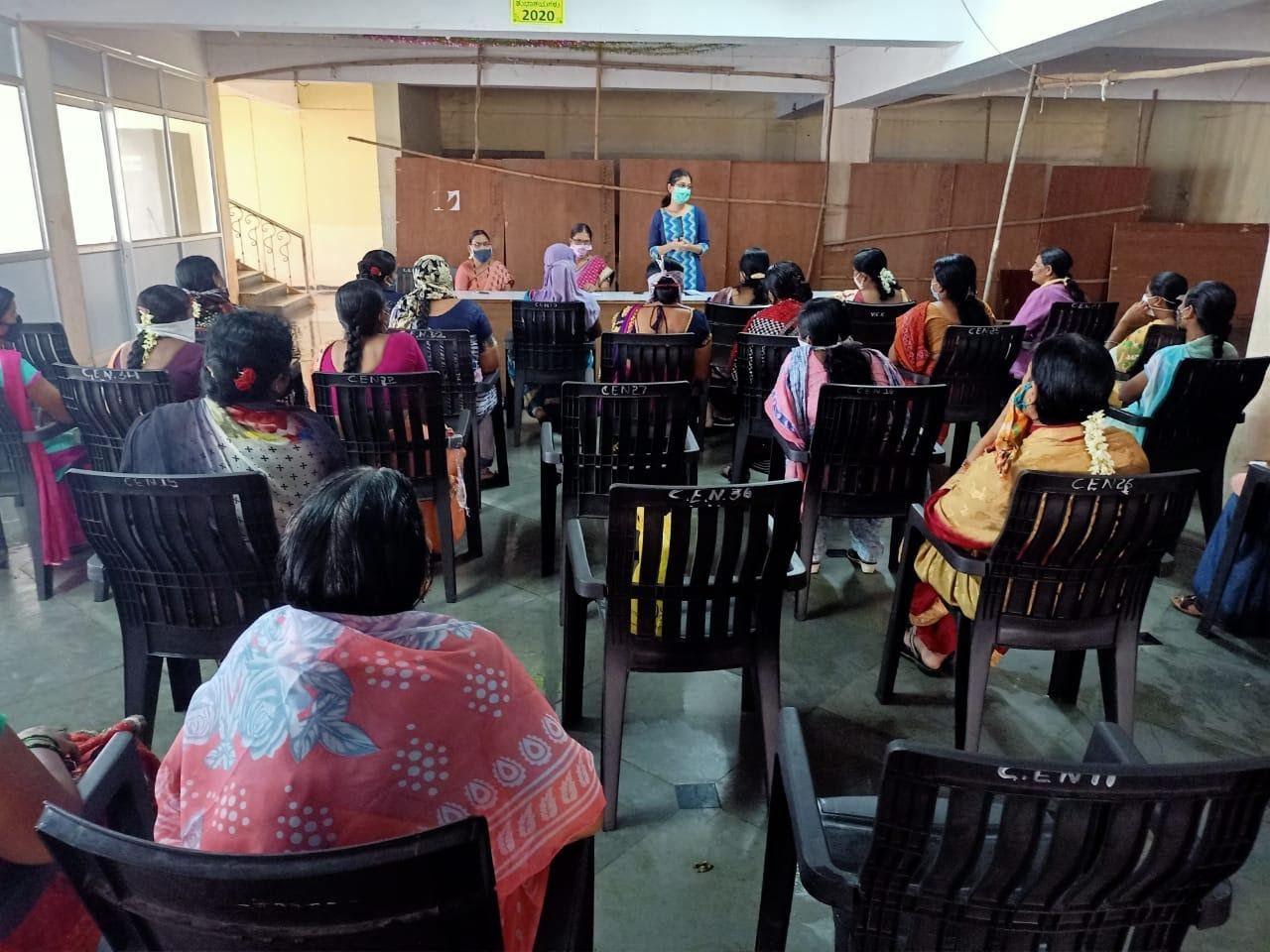
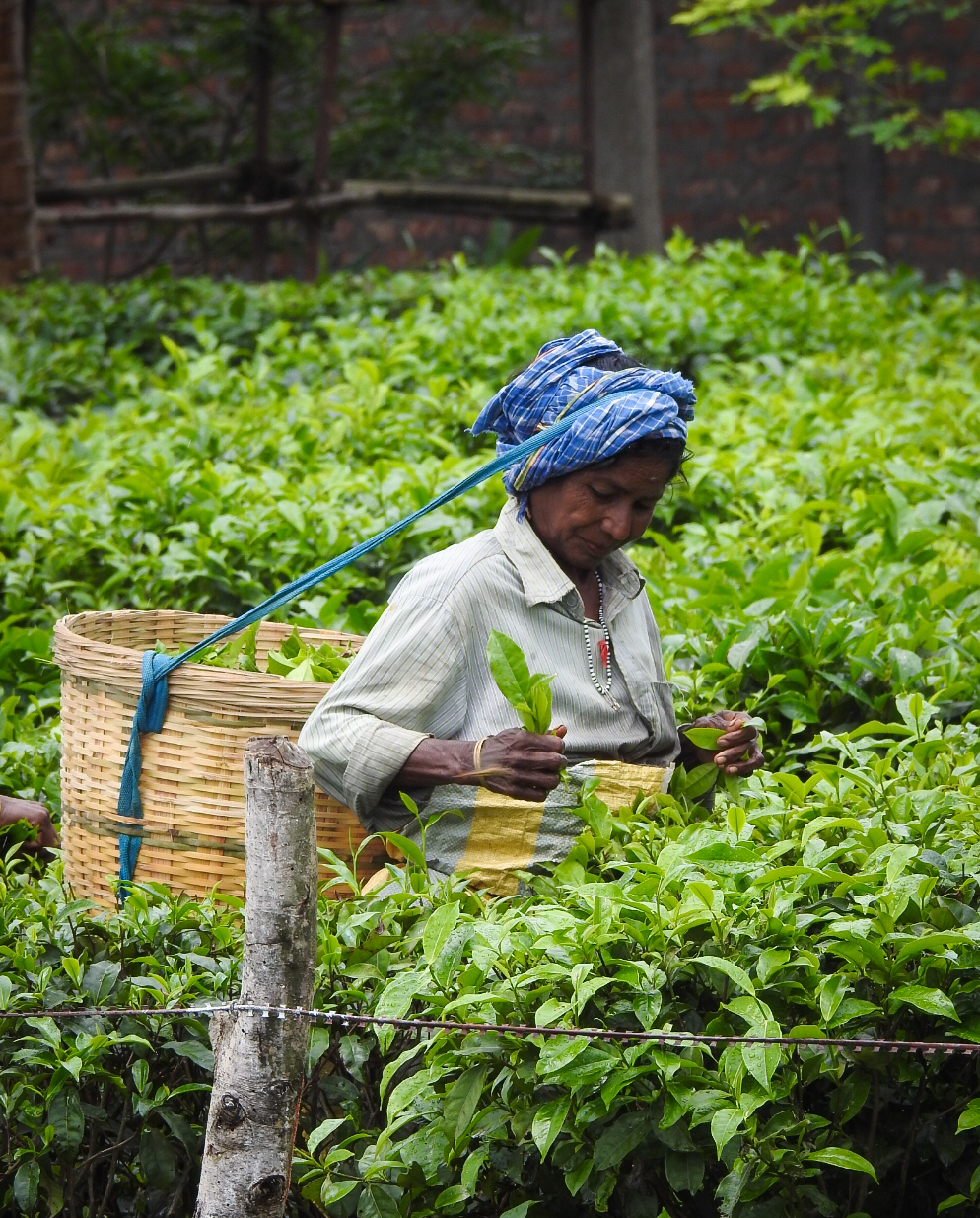



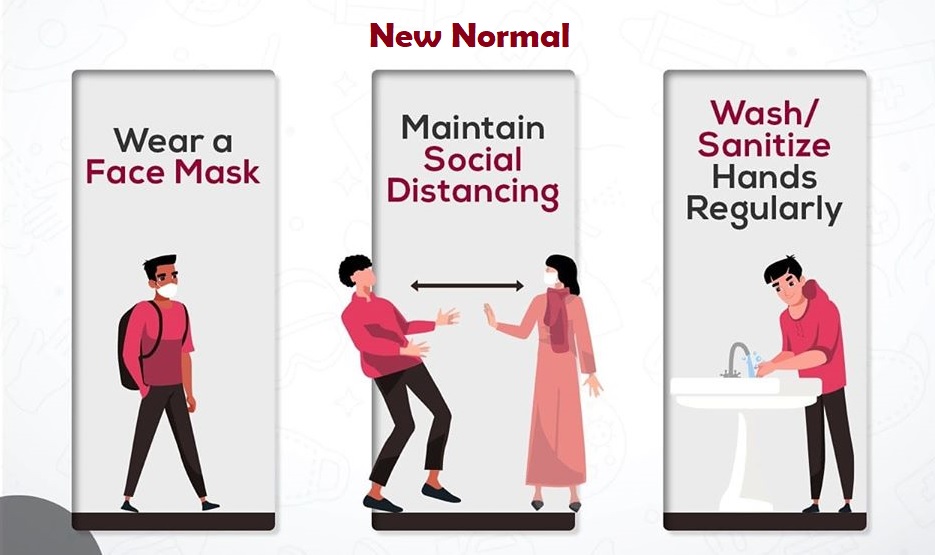
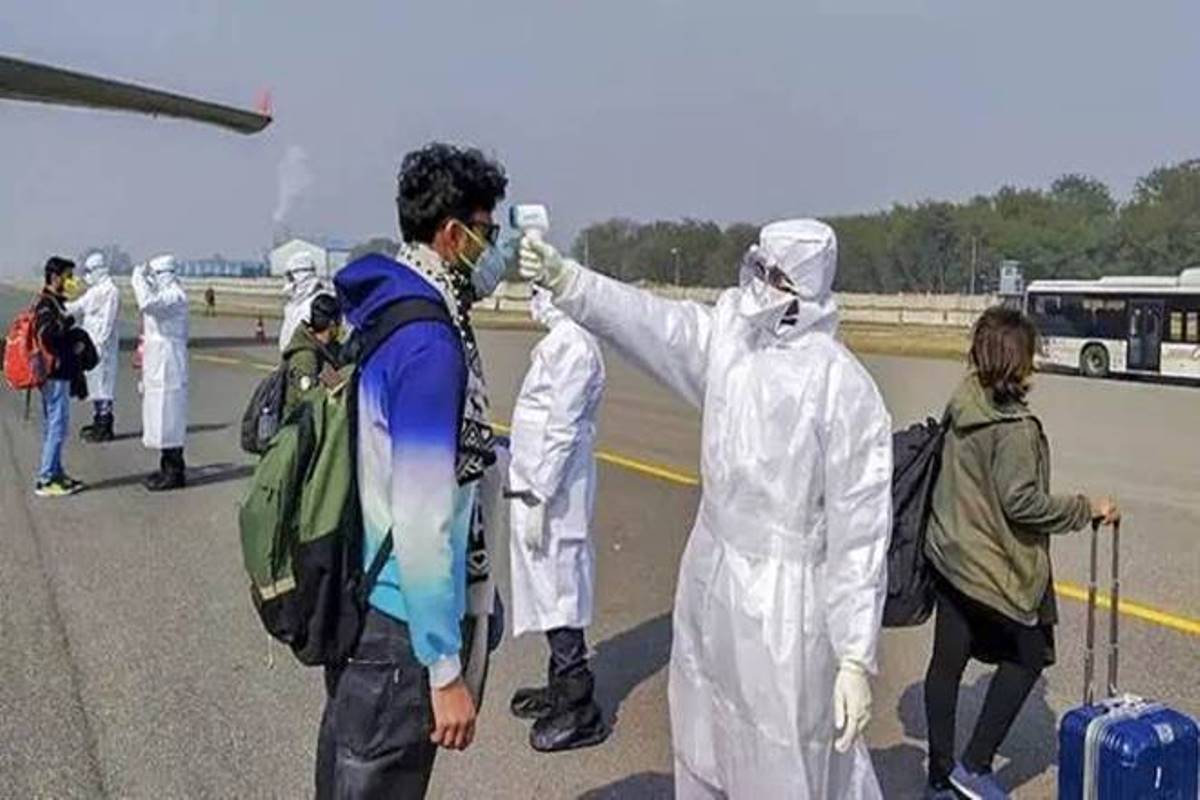

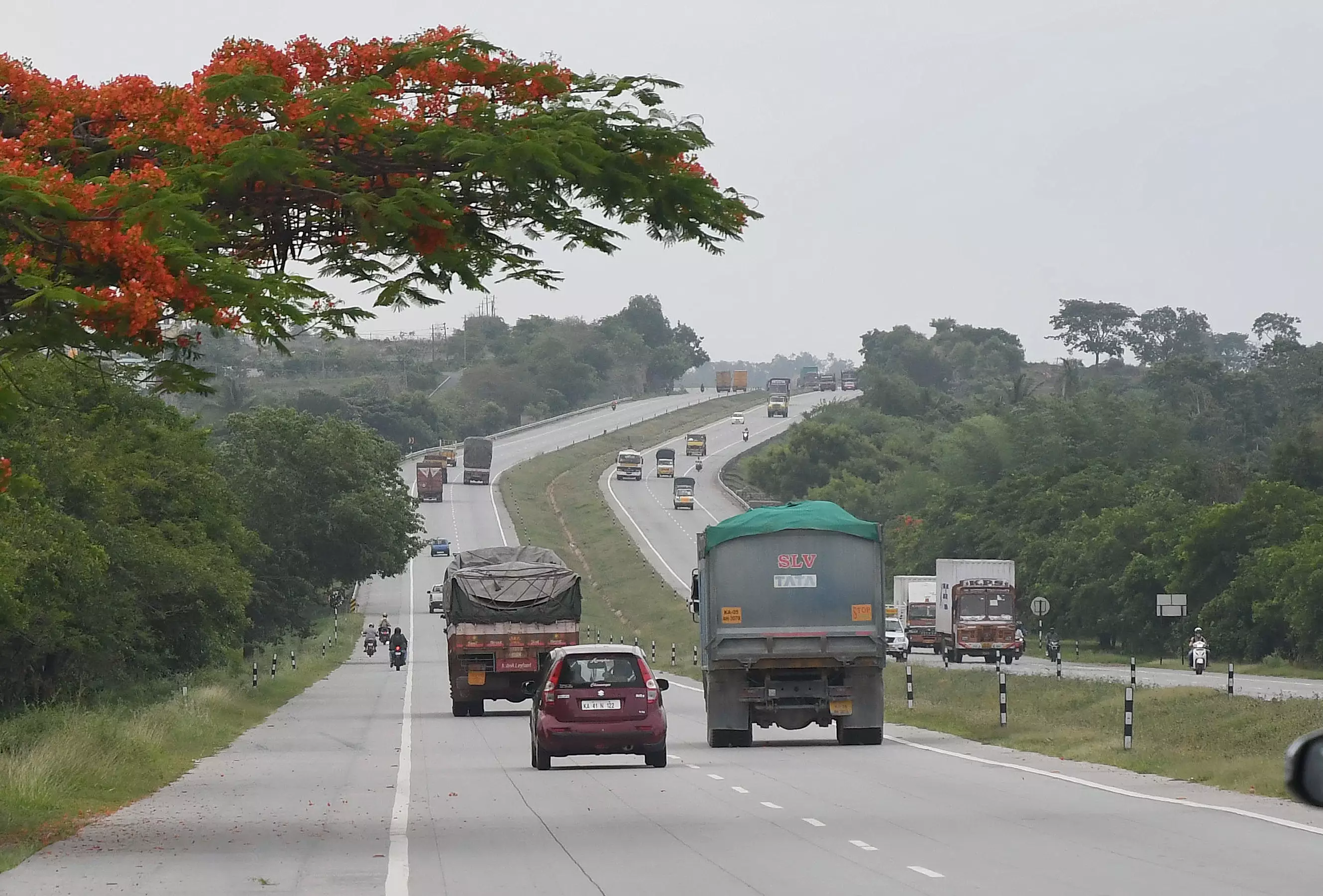
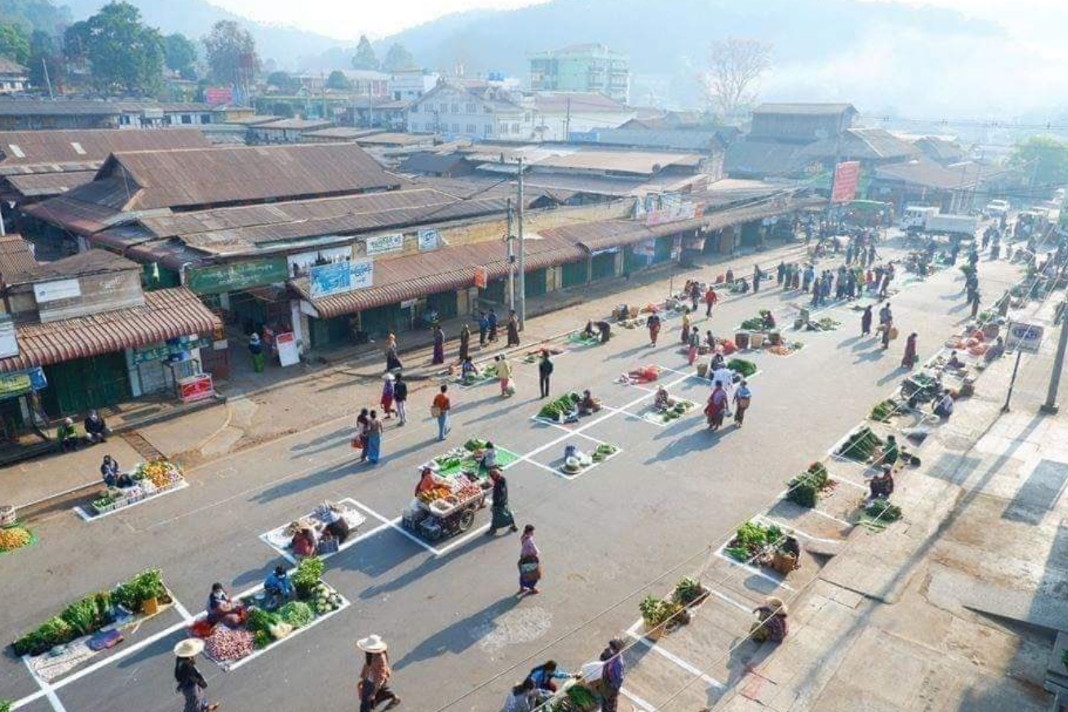
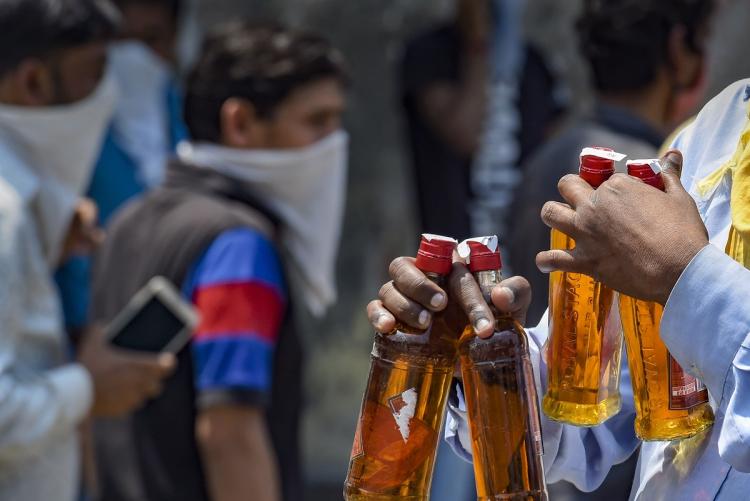
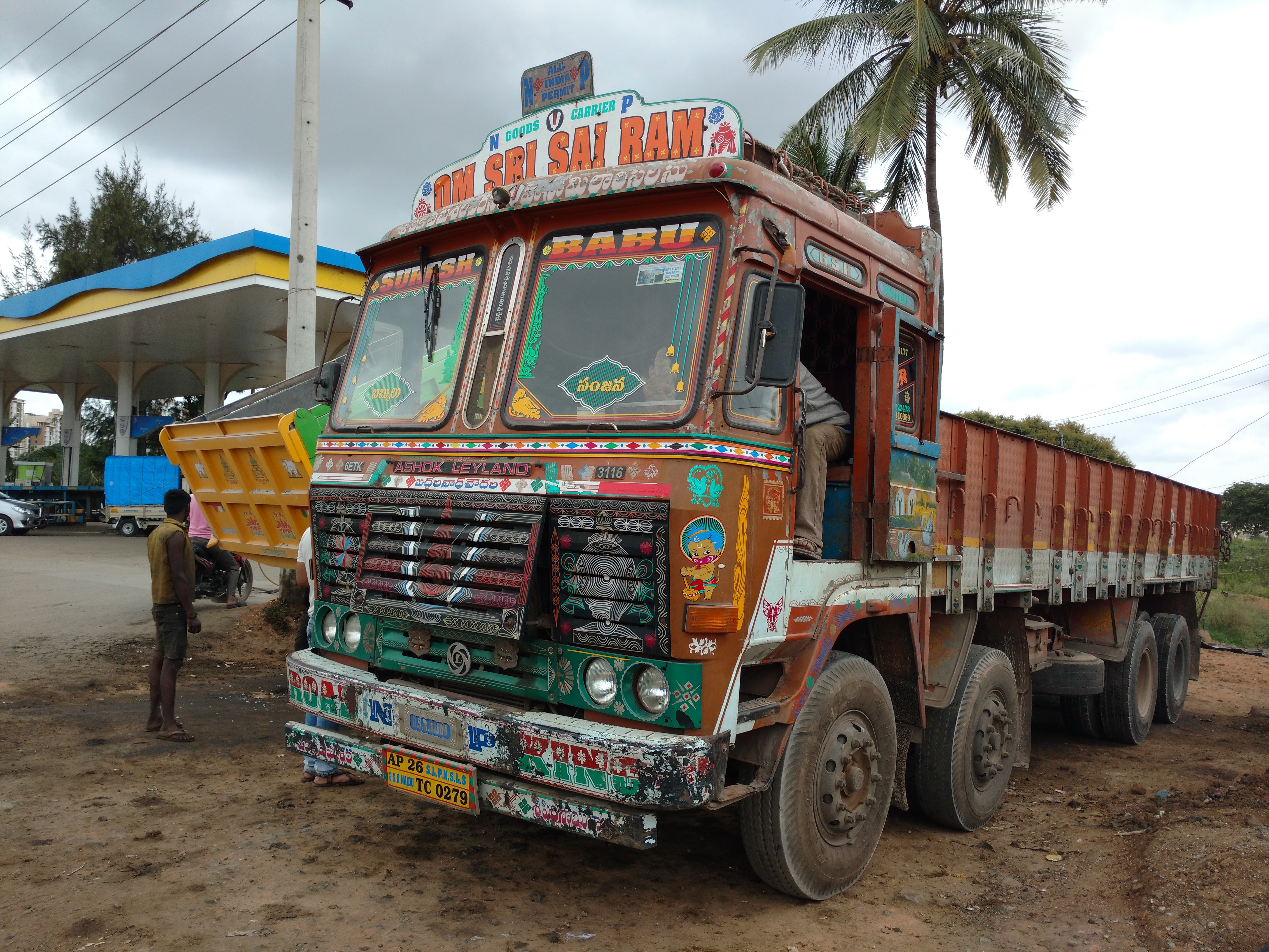

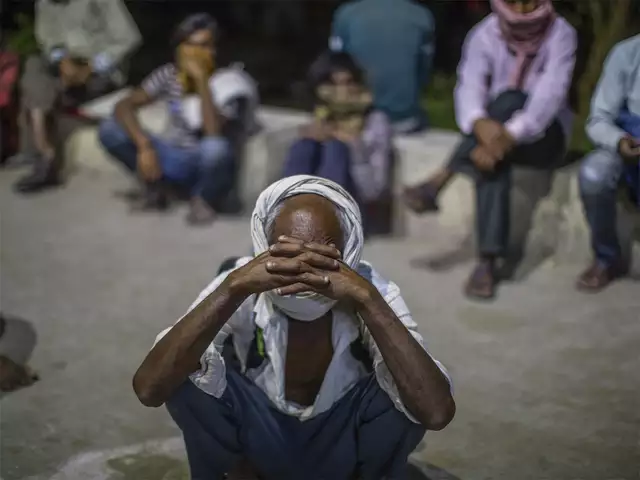

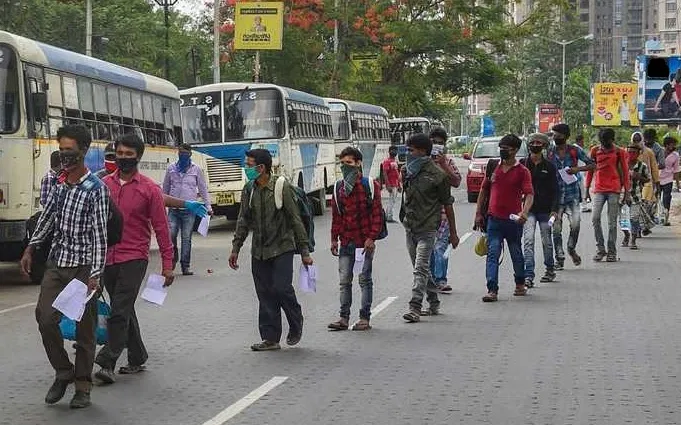



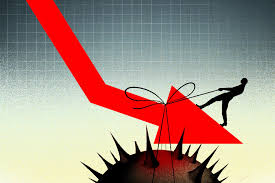
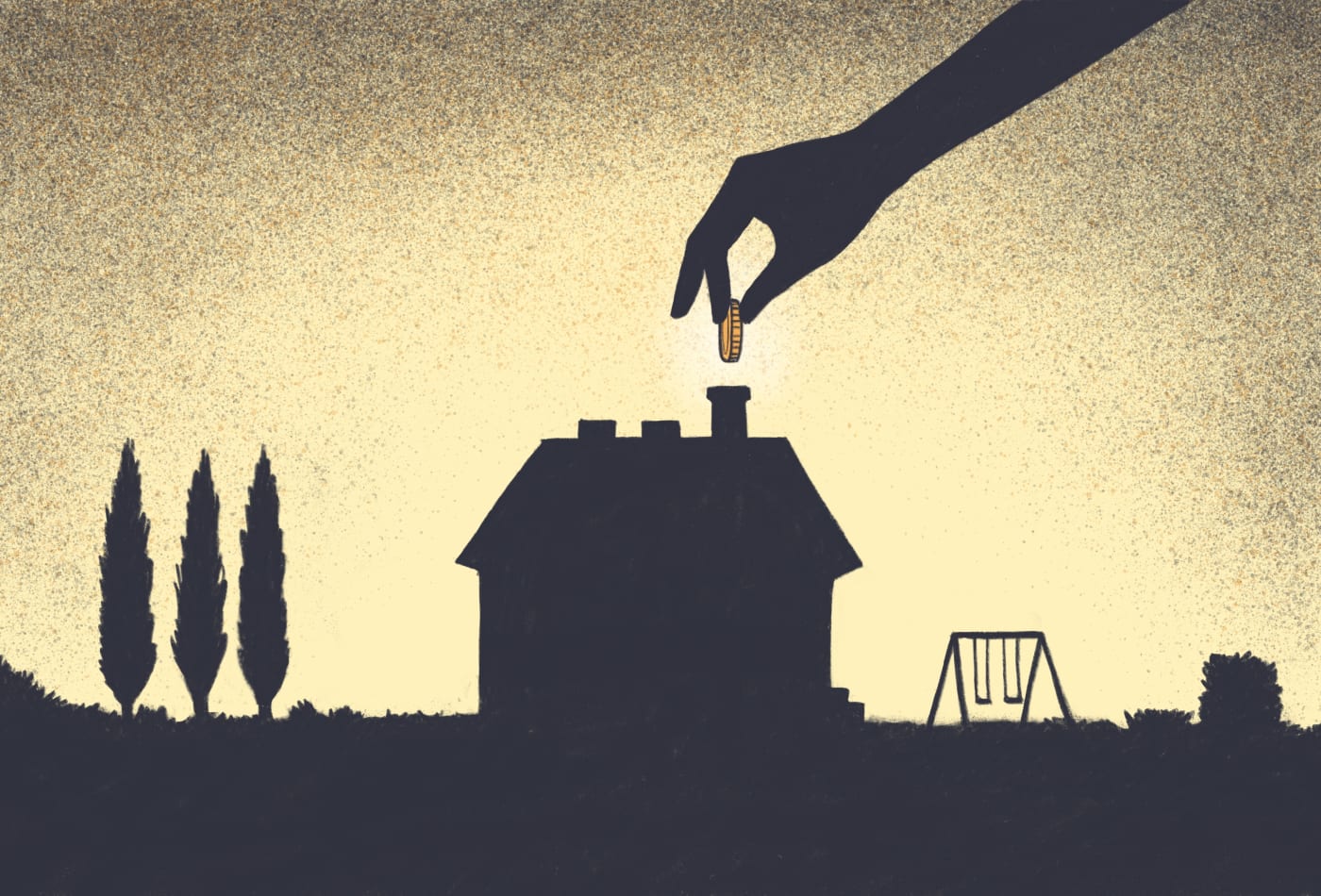

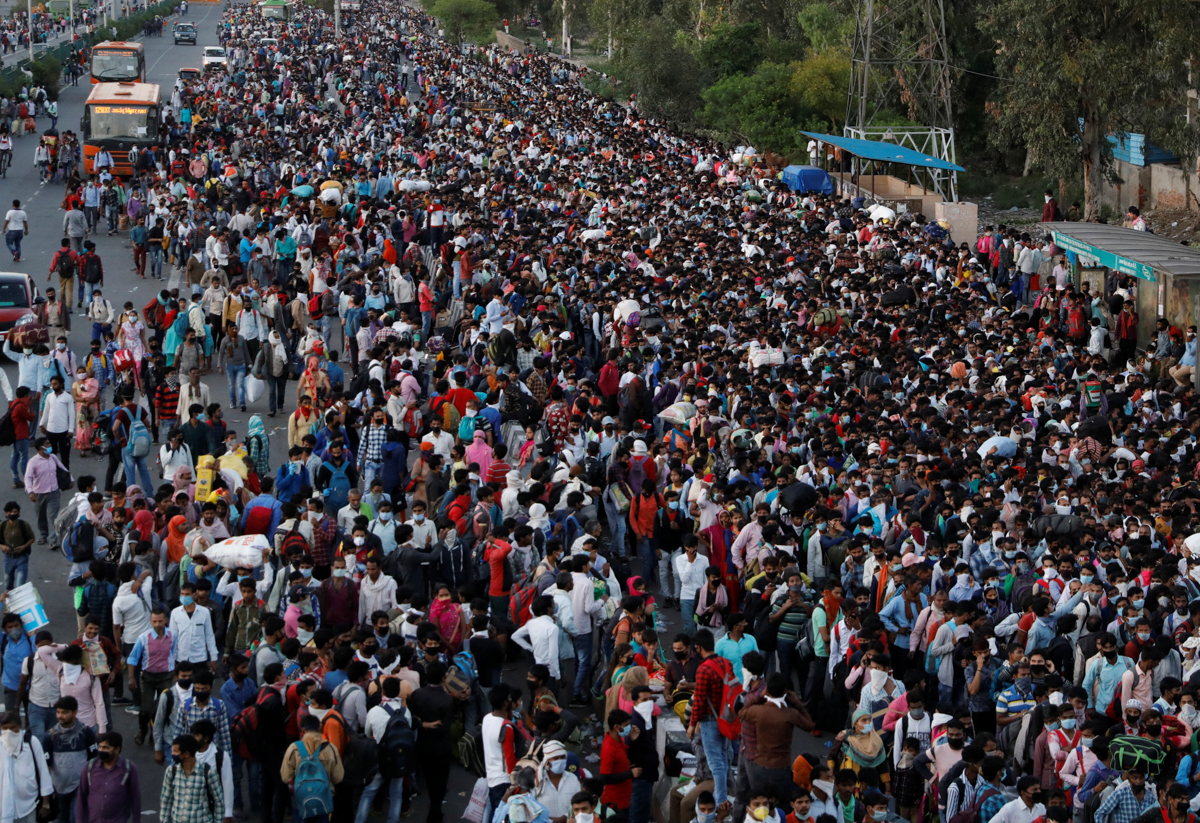
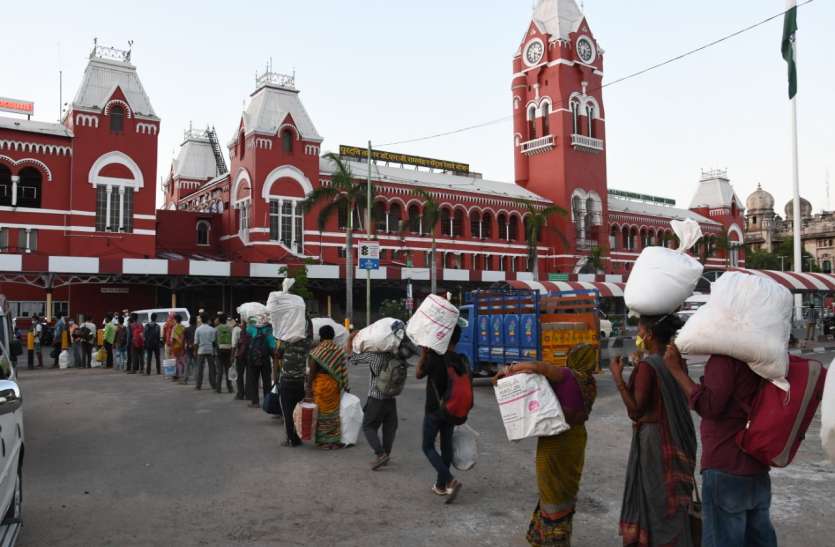
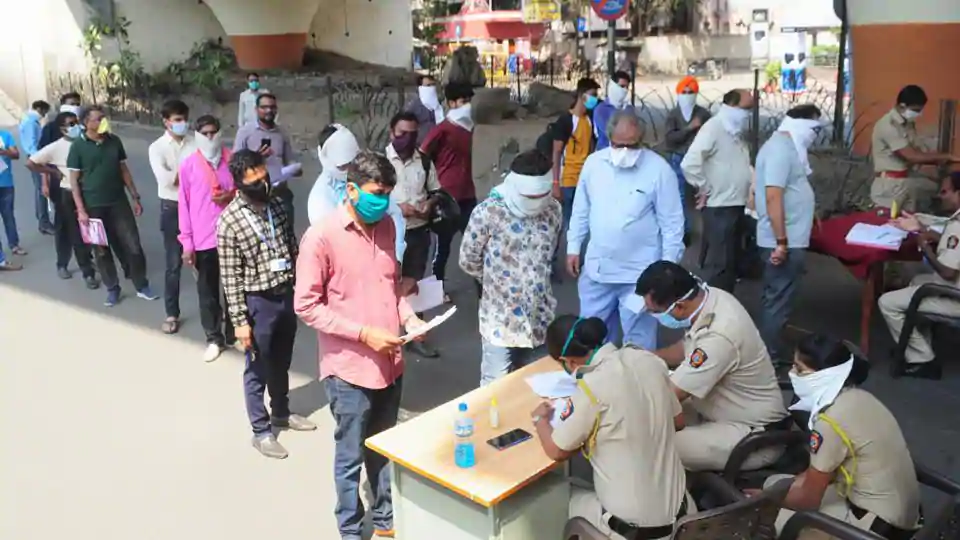
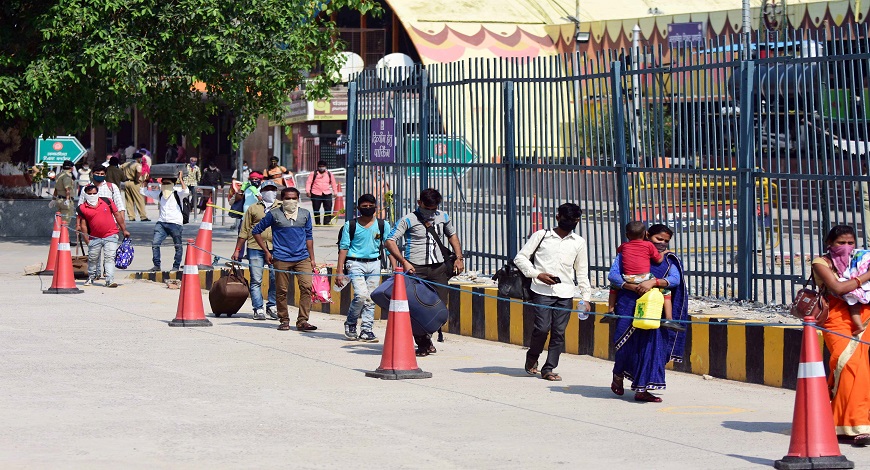
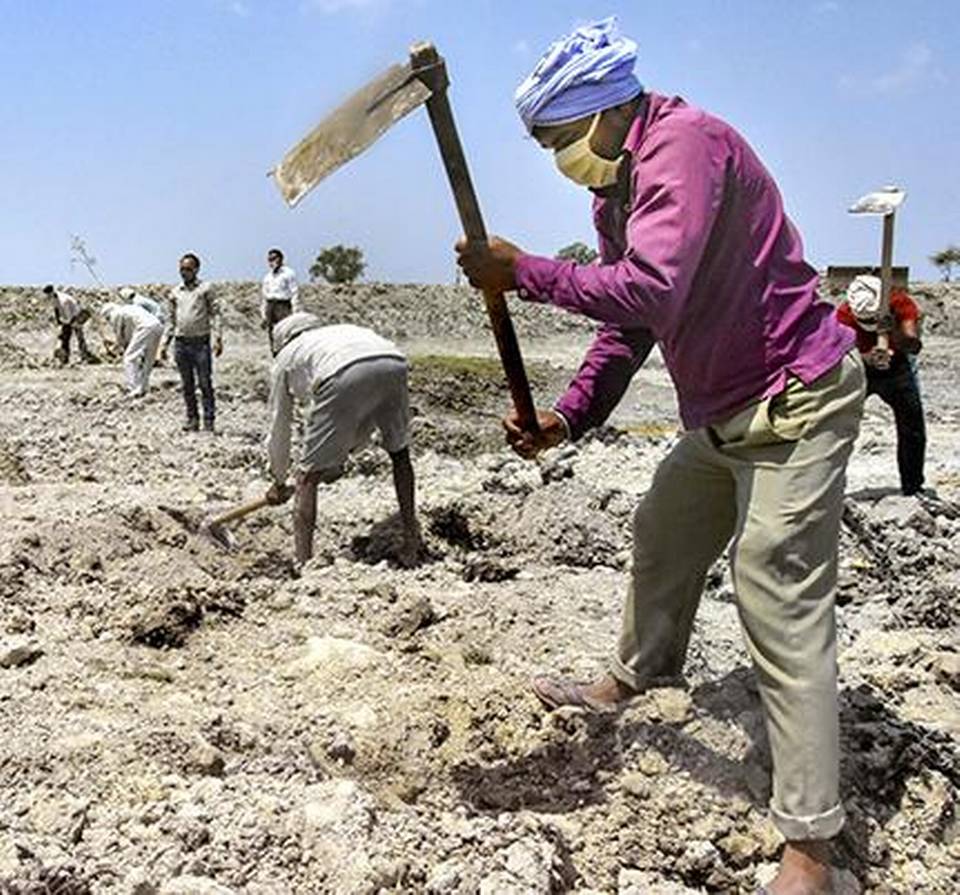
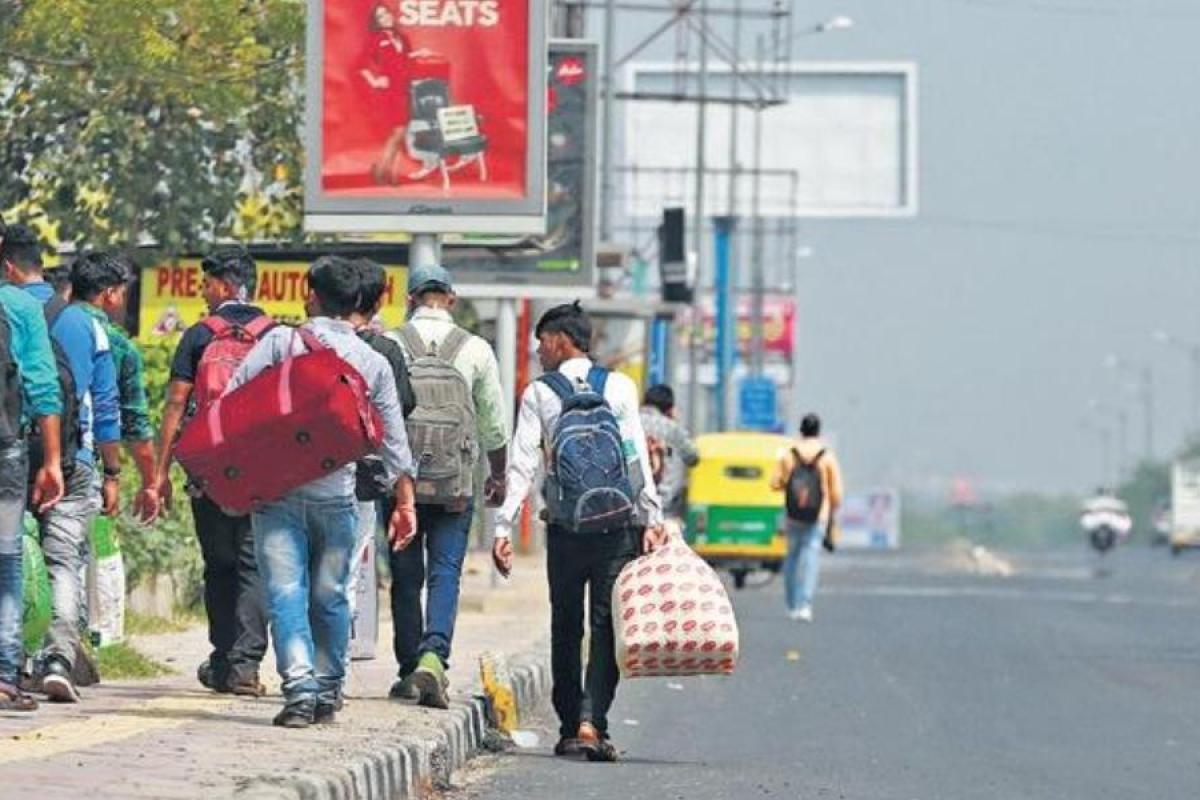
Ritu Tripathi
Uday Vijayan